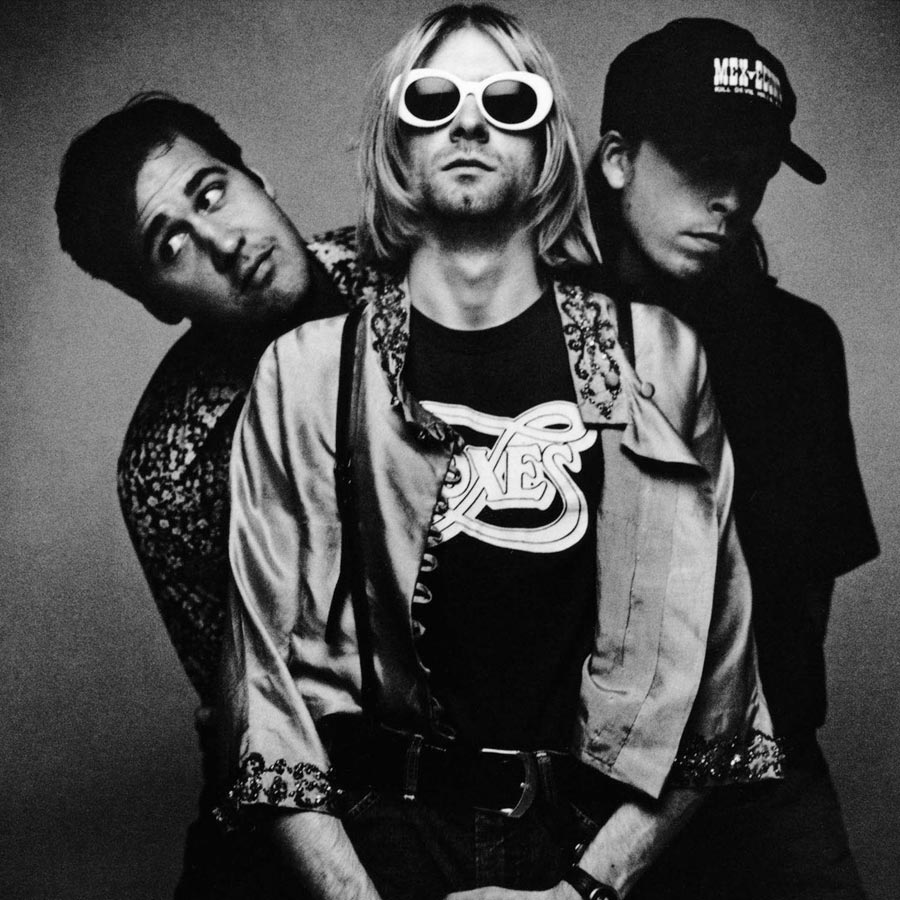When it comes to celebrities whose lives ended too soon, one cannot overlook the so-called "27 Club." This mysterious group of musicians, all of whom passed away at the age of 27, is surrounded by myths and legends. What is the secret behind this number? Why 27? And what do these talented but tragically short-lived individuals have in common? Let’s dive into the mystery.
Origins and Background
The term "27 Club" gained widespread recognition following the tragic events of the late 1960s and early 1970s when the world lost several brilliant stars. Jimi Hendrix, Janis Joplin, and Jim Morrison, each of whom made a profound impact on the music of their time, died before reaching the age of 30. They became symbols of a generation, revolutionaries in the music world who changed it forever.
Interestingly, before these events, no one paid much attention to the age of 27 as a particularly significant number for musicians. However, after the deaths of such iconic figures as Hendrix and Joplin, the idea of a fatal age for those who achieve incredible success in music began to take shape.
The Iconic List of Members
Over the decades, the "27 Club" has been joined by new names. Each of these individuals has made a unique contribution to world culture and left an indelible mark on the hearts of their fans.
Jimi Hendrix
Arguably one of the greatest guitarists in rock history. His musical experiments and incredible skill set an example for future generations of musicians. Hendrix passed away in 1970, officially from an overdose of sleeping pills, leaving behind numerous unfinished works and a sense of immense loss.
Janis Joplin
A heroine of the psychedelic era, Joplin is known for her unique voice that didn't just sound but burned through the soul of every listener. She died just weeks after Hendrix, in the same 1970, also from a drug overdose. Joplin became a symbol of freedom, rebellion, and defiance of conventions.
Jim Morrison
The leader and vocalist of The Doors, Morrison was not only a musician but also a poet, philosopher, and explorer of human consciousness. His death in Paris in 1971 is shrouded in mystery and rumors, further elevating his cult status. The Doors without Morrison were never the same band that millions knew and loved.
Kurt Cobain
The voice of a generation, leader of Nirvana, and one of the founders of grunge, Cobain became a symbol of inner conflict and pain, which poured out into his music. In 1994, he committed suicide, causing shock and grief worldwide. His death once again spurred discussions about the "27 Club" phenomenon.
Amy Winehouse
One of the brightest representatives of the British music scene of the 2000s, Winehouse was known for her incredible voice and soulful lyrics. In 2011, she died of alcohol poisoning, once again adding to the ranks of the "27 Club." Her life and work became a symbol of the struggle with inner demons, which, unfortunately, ended tragically.
What Do These People Have in Common?
Why did the age of 27 become fatal for so many talented artists? There is no definitive answer to this question, but several common factors can be identified:
Psychological Pressure
Many of the members of the "27 Club" experienced intense pressure from both the public and themselves. In their attempts to reach new heights and meet fans' expectations, they often turned to drugs and alcohol to cope with the stress.
Creative Crisis
Success is often accompanied by a sense of emptiness and lostness. How to continue creating masterpieces when you have already reached the pinnacle? This is the eternal dilemma of creative people, especially those who became famous at a young age.
Tendency Toward Self-Destruction
Talented people often possess heightened sensitivity and emotionality, which can lead to self-destructive behavior. Drugs, alcohol, risky actions — all these are just attempts to drown out inner pain and find solace.
Myth or Reality?
Should the "27 Club" be considered a mystical phenomenon, or is it just a coincidence? Historians and researchers lean toward the latter, arguing that dying at 27 is no more than a statistical anomaly. However, for fans and music lovers, this theory remains intriguing and mysterious.
Perhaps it's not about the numbers but about the fact that each of these musicians left an indelible mark on world culture. They lived short but bright lives, and their work will inspire people for many decades to come.
The "27 Club" is more than just a number. It's a symbol of the tragic and the beautiful in one face, a reminder that even the brightest stars can go out too soon. But their music, their art, and their legacy continue to live on, inspiring new generations and making us, those who remain, feel grateful for what they gave to the world.
So, listen to their music, remember their work, and perhaps ask yourself: is it worth chasing fame if it could cost you everything?


















